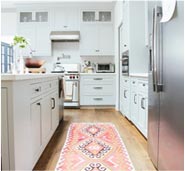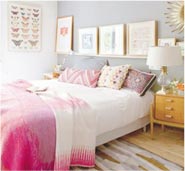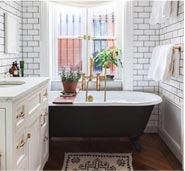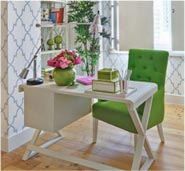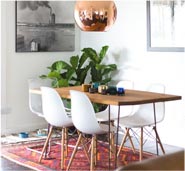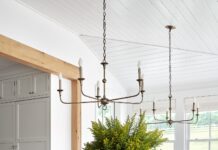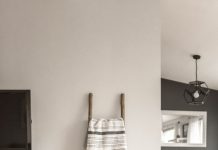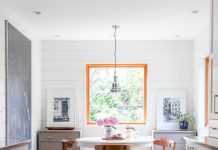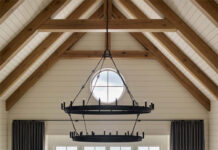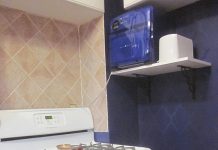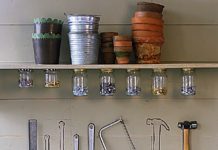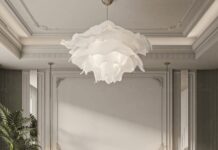Many people have trouble falling asleep, and some people even have trouble staying asleep. This may be the new normal for some working professionals, but not getting quality sleep is unhealthy. Sleep deprivation affects the whole body, and it has long-term effects aside from mood changes and memory issues.
Chronic sleep loss and constant sleep difficulties are causes for concern, affecting your quality of life. Sleep plays a major role in everyone’s well-being, shaping physical, mental, and emotional health.
Sleeping pills have dangerous side effects, while coffee and alcohol consumption before bed is just as bad. Late-night eating and using electronic devices are discouraged too. Luckily, there are plenty of innovative products and devices that can promote healthier sleep.
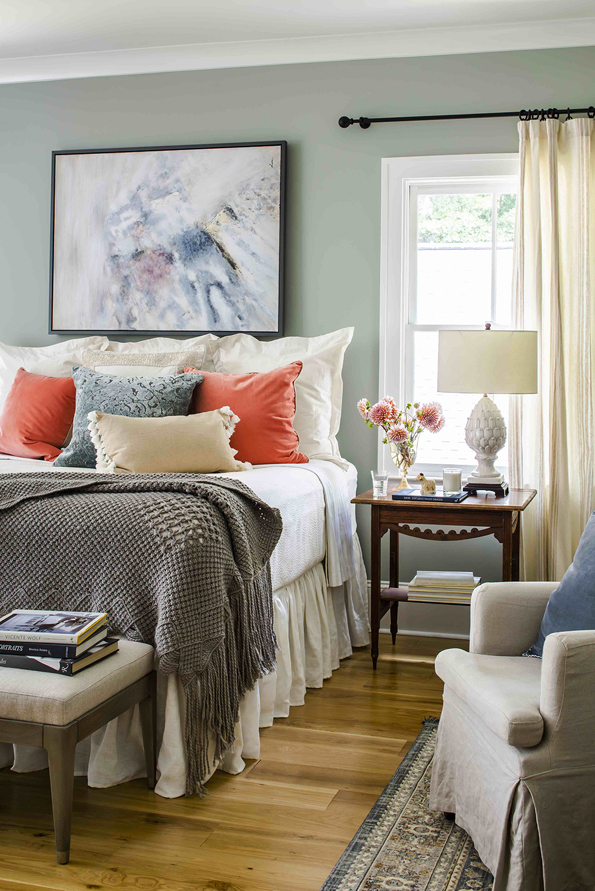
1. CPAP Machines
To treat obstructive sleep apnea and make sleep a lot better, consider buying a CPAP machine. CPAP stands for “continuous positive airway pressure.” This process involves delivering pressurized air to keep the airways open.
Portable CPAP machines are available for compactness and travel. Sleep-disordered breathing and snoring are difficult to manage, and various machine options address them. Some models cover the nose and mouth, while others cover the nose only.
Sleep apnea devices like the CPAP machine help people breathe more easily at night. The machine also reduces daytime sleepiness and lowers blood pressure. Talking to a doctor can clarify all the pros and cons that come along with the product.
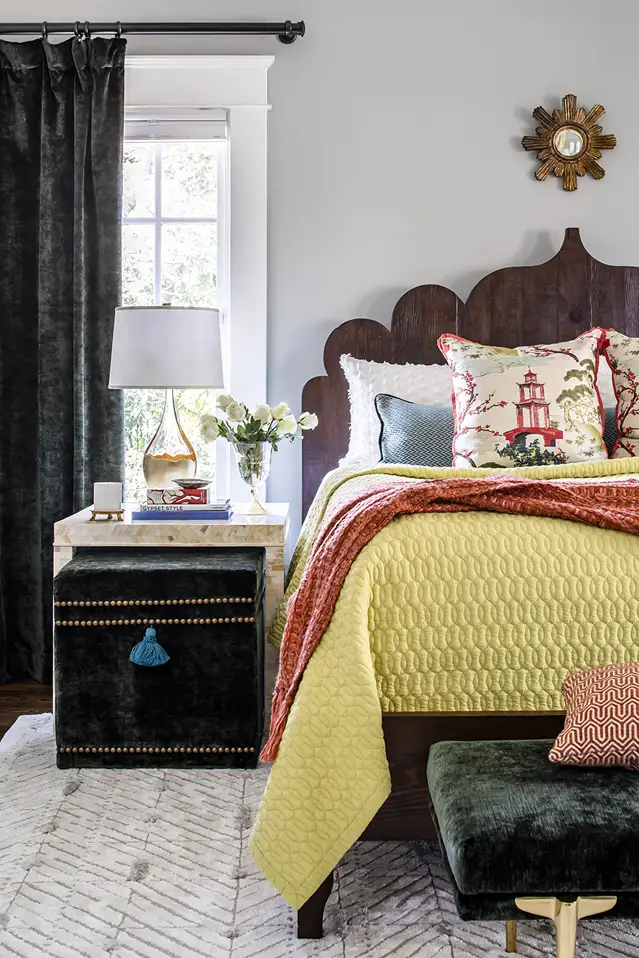
2. Weighted Blankets
Weighted blankets have gained popularity lately, with many people swearing by its effects. There are those who get long hours of sleep but don’t wake up feeling rested. Weighted blankets, which are heavy blankets, are said to provide better and healthier sleep quality.
Some people say that they sleep better when they have their partners hugging them. This human need has been around since one’s young age, starting from being babies who love being swaddled. Weighted blankets simulate pressure, re-creating that sensation of warmth and comfort.
Weighted blankets combat stress, improve sleep, ease insomnia, and help with anxiety. Everyone can benefit from this nighttime accessory, not just people who have a diagnosed medical condition.
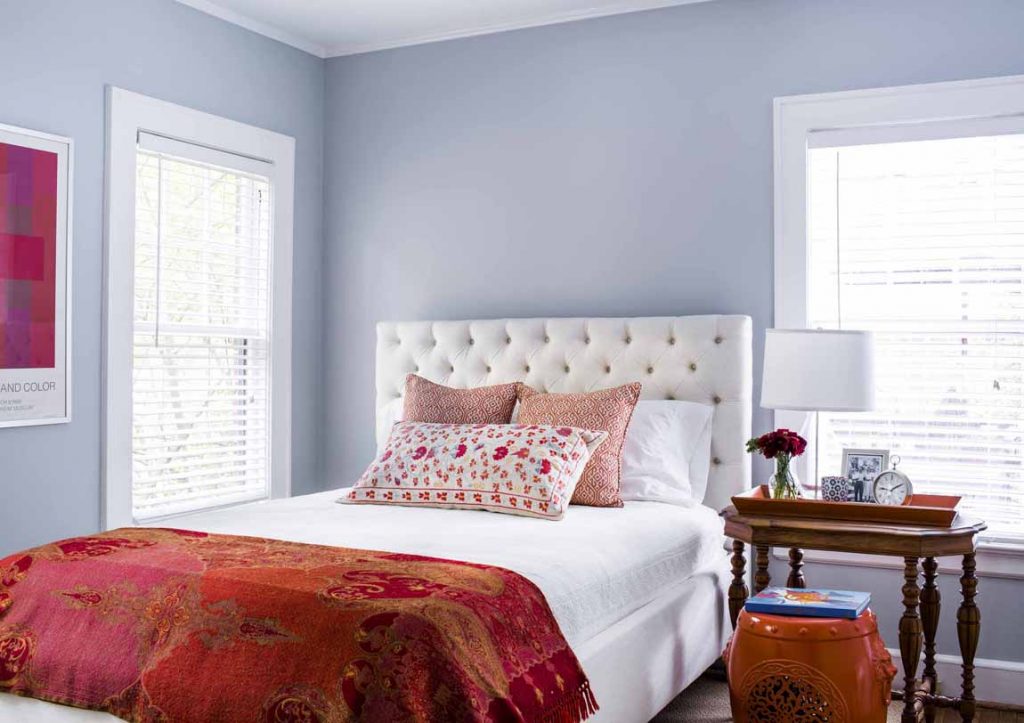
3. Humidifiers
Sleeping with humidifiers is a great idea because they prevent nasal dryness and congestion. During winter, the added moisture in the air can help individuals breathe easier when they sleep. The device also prevents people from waking up with a scratchy throat, which is susceptible to infection.
Dry and clogged airways can disrupt sleep and even cause intense snoring. Those with sleep apnea will greatly benefit from having a humidifier in the room. Enhancing the airflow quality can also make it easier for people to fall asleep.
The moist air keeps mucus thin, so the symptoms of colds or flu are reduced. Humidifiers do have drawbacks too (e.g., when there’s too much moisture in the air). Also, their water can be contaminated, so change the water, and clean the device regularly.
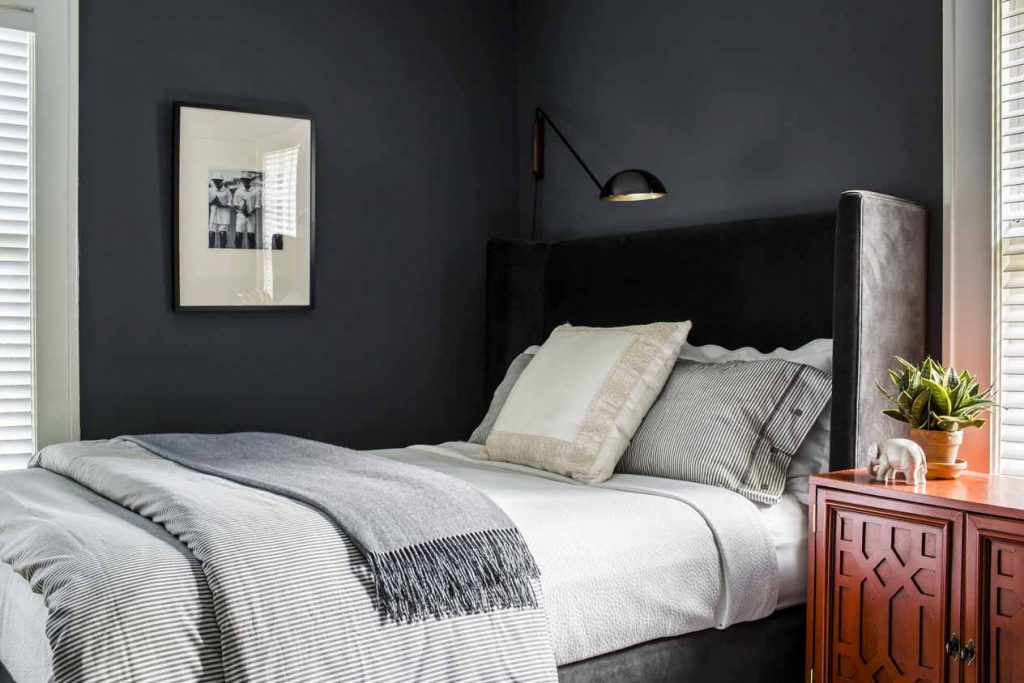
4. Blue-Light-Free Bulbs
Light affects the circadian rhythm, which signals the body when to sleep and when to wake up. Blue light, similar to the lights from electronic devices, makes individuals feel more awake. This is the reason using smartphones or tablets so close to bedtime isn’t recommended.
For optimal sleep, have blue-light-free or amber-colored bulbs in the bedroom. Place one in the bathroom too for the times when you stir in the middle of the night. Parents can install these bulbs in babies’ nurseries and kids’ bedrooms so they fall asleep easier.
The light bulbs are not going to magically make a person sleepy. Instead, they just act as an aid, removing the blue light that gets in the way of sleep. They let the body’s natural rhythms take over to maintain healthy sleep cycles.
Prepare for Bedtime
Make it a habit to get ready for sleep by having a conducive sleep environment that fosters relaxation and peacefulness. Avoid activities and work thirty minutes to one hour before bedtime, and just focus on winding down. By having several helpful devices in the room, you’ll find it easier to achieve quality sleep. Thanks to 1800CPAP for contributing!


